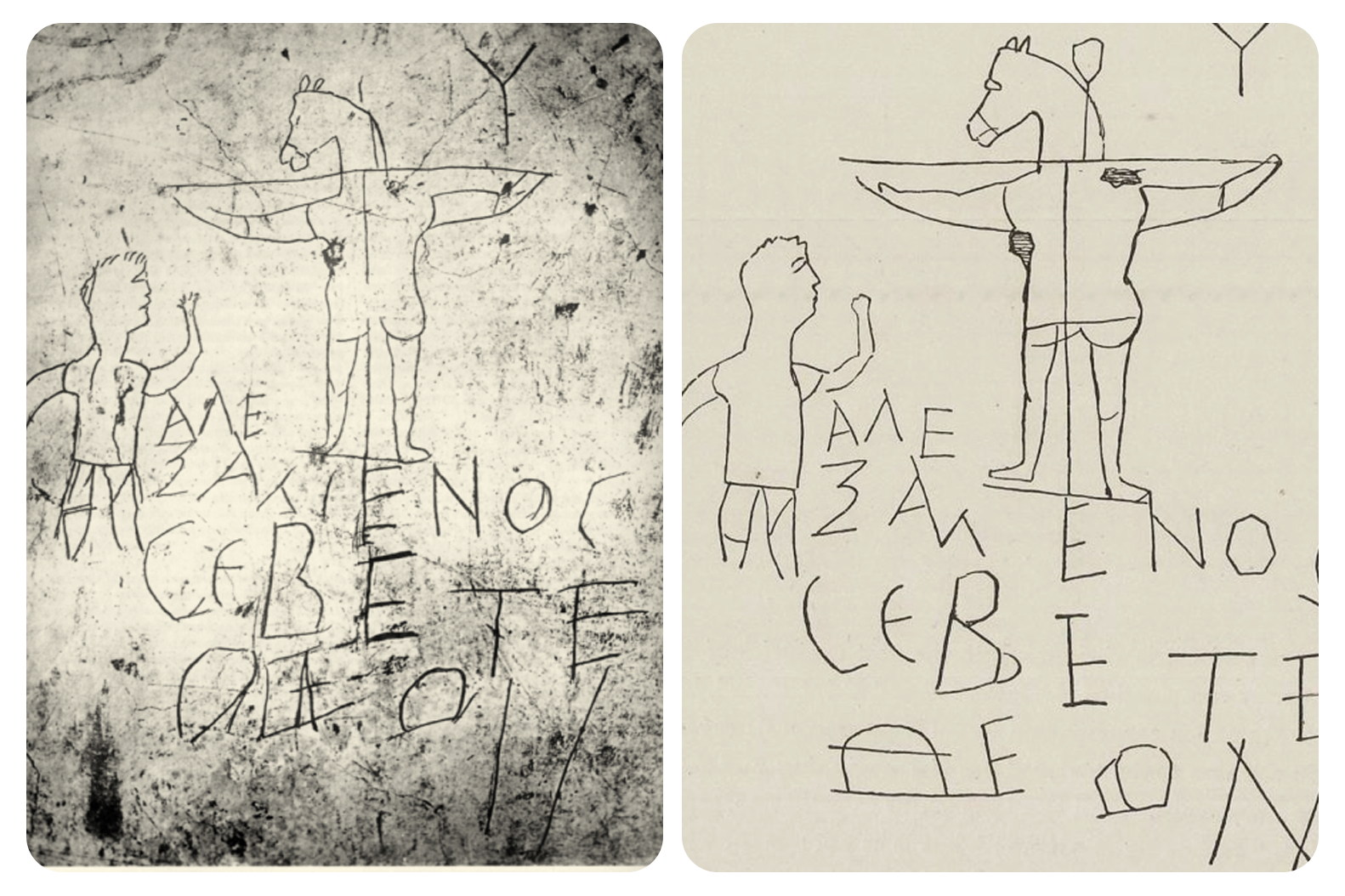Most would think of Christmas as a time to buy gifts, arrange parties and get a green tree in the house. While the Christmas season does involve those things, what it really is about, however, is when the God of the whole universe came to be a part of humanity Himself.
As we consider the mind-blowing reality of how the Creator of the universe entered human flesh to dwell among humanity (John 1:14), I want to look at a passage in the book of Philippians which can shed deeper insight into what the Christmas story really means.
When Jesus took on the form of man, what kind of example did He set for us to follow? Paul paints a striking picture for us in Philippians 2:5-11.
Jesus emptied Himself as God
This is a good time to re-emphasise a crucial doctrine of the Christian faith – Jesus Christ’s divine nature — and how there is strong biblical support for this. There are multiple passages in the New Testament that clearly point to the divinity of Christ.
John 1 identifies Jesus as the logos (the Word, who is God and was with God at the beginning). Colossians 1 calls Jesus the “image of the invisible God” and affirms that all things in heaven and earth were created through Him and for Him, and that the fullness of God dwells within Him. Hebrews 1 also identifies Jesus as God’s Son, who is the “radiance of the glory of God and the exact imprint of His nature” and who upholds the universe by “the word of his power”.
One amazing thing here is that Jesus’ fully divine nature co-existed with a fully human body and all its natural limitations just like you or I!

Additionally, this passage goes on to say that Jesus did not count equality with God as something to be grasped.
In other words, Jesus didn’t translate His innate heavenly glory into an earthly form of glory by man-made standards. What a fascinating statement!
What did Jesus do instead? He emptied Himself to become a servant for us all.
Jesus chose lowliness and to serve
As author Christopher Watkin noted in his book Biblical Critical Theory, it is not just unthinkable that God incarnated Himself into humanity at a certain point — He specifically chose to do so as a Aramaic-speaking carpenter’s son born in a small manger of all places.
In other words, Jesus chose to enter a position of lowliness by human standards. Jesus did not choose to be born as the son of the Roman Emperor, or as the son of a high-ranking Jewish religious leader.
Those positions would have granted Him a great status according to this world’s standards, but Jesus eschewed them as He came for a mission far greater than the vanity of chasing earthly glory.
Unlike the great human figures of the ancient Greco-Roman era like Alexander the Great, Julius Caesar and Augustus, whose lives consisted of asserting power over others to make their mark on the world, Jesus’ greatness was of an entirely opposite kind.
Jesus lived a lowly life of humble servitude and was obedient to the point of death on a cross – the ultimate humiliation that could be imposed on a person living in the Roman Empire.

There is a famous engraving called the Alexamenos graffito, estimated to have been carved around 200 AD which mocked Christians for worshipping a crucified man.
After all, if Jesus was so “weak” as to be crucified, and not save Himself from that agony (Matthew 27:40), how could He be worthy of worship and devotion? That is the worldly understanding of what Jesus did.
But the Gospel tells us that Jesus’ death and resurrection is the only way and reason why humanity can be redeemed and renewed.
In the history of the universe, this is the greatest and most important accomplishment anyone could carry out — and it was achieved because Jesus humbled Himself out of love for us. This is why He deserves all honour and glory over heaven and earth.
Jesus is humble and therefore exalted
“Therefore God exalted him to the highest place and gave him the name that is above every name,” (Philippians 2:9)
We must read verse 9 of this passage very clearly: it doesn’t merely say that God the Father exalts Jesus after His crucifixion.
Jesus is exalted precisely because of His willingness to humble himself, even to the point of dying a humiliating death on the cross.
In God’s eyes, true glory is not gained by following the example of earthly kings who aggressively seek domination. Indeed, Jesus said as much to His disciples (Mark 10:35-45) — to be great is to serve.
Instead, humility, serving and lifting others up – that is what brings true value in God’s economy. As we go through life, may we not forget this important truth!

Aside from Jesus Christ’ example, we see other biblical examples of God coming down to the level of His people.
Beginning from God the Father’s communion with Adam and Eve in the Garden of Eden, to His appearing to Moses and the people of Israel, God has never been satisfied to stay away and distant from His creation.
Instead, out of His abundant love and compassion, He comes down to us so that He can redeem us from all our brokenness and corruption – even if He has to go all the way toward the bitterest end of suffering and torment.

Ultimately, Paul makes the emphatic declaration that one day, every knee will bow before Jesus and every tongue will declare that He is Lord to the glory of God the Father.
That’s absolutely everyone. When you think about it, this would include the people who used their earthly power to scorn, mock and torture Jesus.
This would also include other people throughout time who held great earthly power, who once would have held a status above everyone else but now cannot help but to bow before the true King of Kings and Lord of Lords.
This is one of the most hopeful and glorious declarations throughout Scripture, and yet another reminder of how wonderful and beautiful of a Saviour Jesus truly is. This is the beauty of how God incarnated Himself into the human race!
Through Jesus, we see the full beauty of a God who is not selfish, vain and ego-driven like we are. Instead, He is radically self-giving, compassionate and gracious!
Shining like stars for the newborn King
When the wise men from the East were on their way to Bethlehem, they saw a bright star that pointed them toward the baby Jesus. When they saw it, they could not help but rejoice exceedingly and went into the manger to worship Him at His feet (Matthew 2:9-11).
Just as that star was a bright light that pointed to Jesus, the newborn King, Paul calls us in Philippians 2 – just after the passage we’ve gone through in this article – to be like shining lights for Christ amidst a crooked generation.
To be shining lights, we must wholeheartedly follow the example of Jesus Christ so that we may be conformed to His image (Romans 8:29).
We know that He didn’t set an example of pursuing earthly glory for self-satisfying purposes. Instead, He was selfless, humble and obedient even to the point of sacrificing His life so that we could have eternal life!
So as we celebrate Christmas with our loved ones, may we firmly hold on to the example that Jesus, God incarnated in human flesh, set for us through His life, death and resurrection.
And as we go forth in the year to come, may we be ever strengthened in our resolve to be like Christ before everyone around us!










